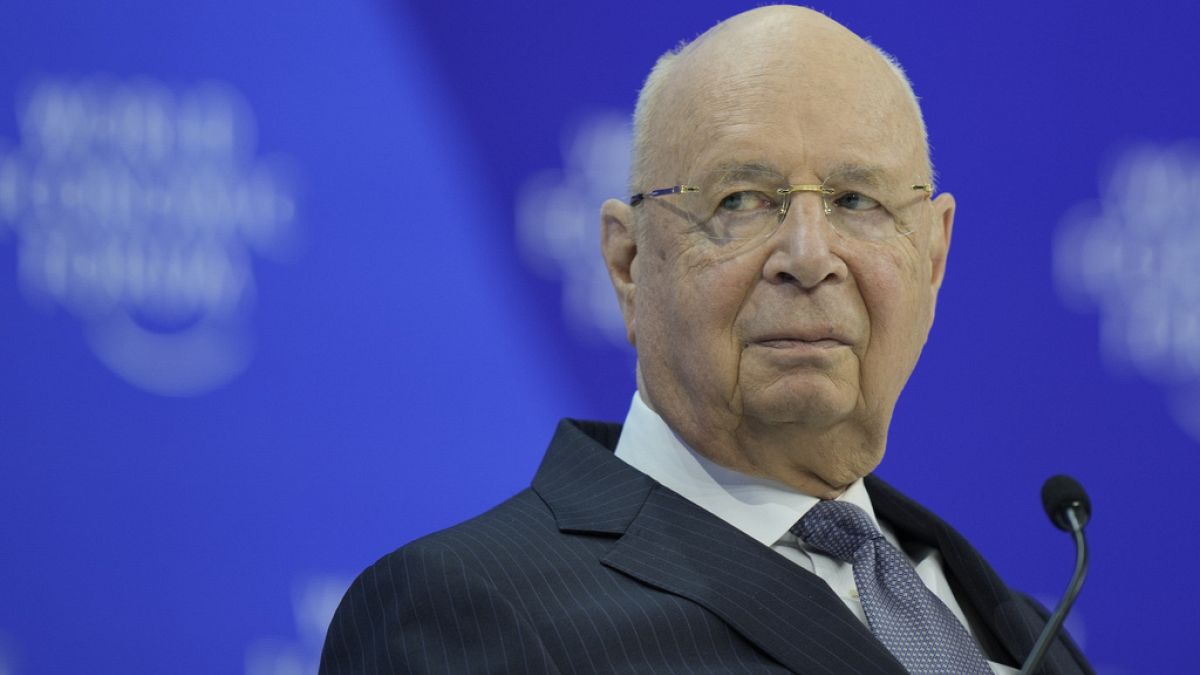- Fri. Apr 19th, 2024
Latest Post
The Epic Battle for Power: India’s Lok Sabha Election of 2024
India is currently going through its Lok Sabha election of 2024, marking the beginning of a historic voting process that will shape the future of the country for years to…
Israel-Iran Conflict: A Complex and Uncertain Future for the Middle East
On April 13, Israel was attacked by Iran, leading to an Israeli strike on an Iranian consulate. This attack prompted concerns among Western observers and raised tensions in the region.…
Direct Negotiations Key to Establishing a Palestinian State, US Says
The United States has voiced its opposition to Palestine’s full membership in the United Nations during an upcoming vote in the UN Security Council. According to Vedant Patel, deputy spokesperson…
Hungarian Legacy: Honoring the Penczners’ Philanthropic Impact in Memphis
Hungarian-born Penczner and his German wife, Jolanda, were part of a lively community of Central European expats in Memphis. This group also included Dr. Gabor Tigyi, a fellow Hungarian and…
Separating Fact from Fiction: Debunking False Rumors Surrounding Klaus Schwab’s Health and Arrest at the World Economic Forum
The World Economic Forum (WEF) has issued a statement denying rumors about the health of Klaus Schwab, the executive chairman and founder of the organization. There have been false claims…
Revolutionizing User Data Consent: EDPB’s Decision to Scrap the ‘Pay or Accept’ Model in Favor of Free Alternatives
The European Data Protection Committee (CEPD) has recently ruled on the ‘Pay or Accept’ procedure used by online platforms, stating that they should provide a third option for user data…
Beyond Bulky Bottles: The Rise of Refillable Household Products and the Quest for Sustainability.
As you take a glance around your bathroom, you’ll notice a collection of plastic containers filled with shampoo, hand soap, and other products. These containers often list water as the…
President Biden’s Heartfelt Tribute to Uncle Ambrose Finnegan: Honoring Fallen Soldiers through Personal Stories and Official Efforts
During a recent visit to a war memorial in Scranton, Pennsylvania, President Joe Biden shared a personal story about his uncle who served in World War II. He mentioned that…
Gosnell Baseball and Softball Dominance in the Jonesboro, Ark. Prep Sports Scene
The Jonesboro, Ark. prep sports scene was buzzing on Thursday with a thrilling baseball matchup on I-55. Gosnell emerged victorious over Rivercrest to claim the 3A-3 regular season title. Meanwhile,…
Wendy’s and McDonald’s Offer Free Fries to Boost Digital Presence and Improve Customer Experience
Wendy’s is currently offering a special deal on Fridays that allows customers to enjoy a free order of french fries. This promotion is available to all customers with the Wendy’s…




